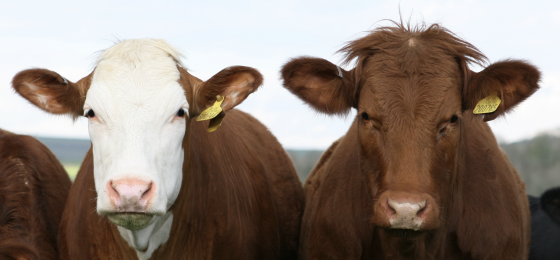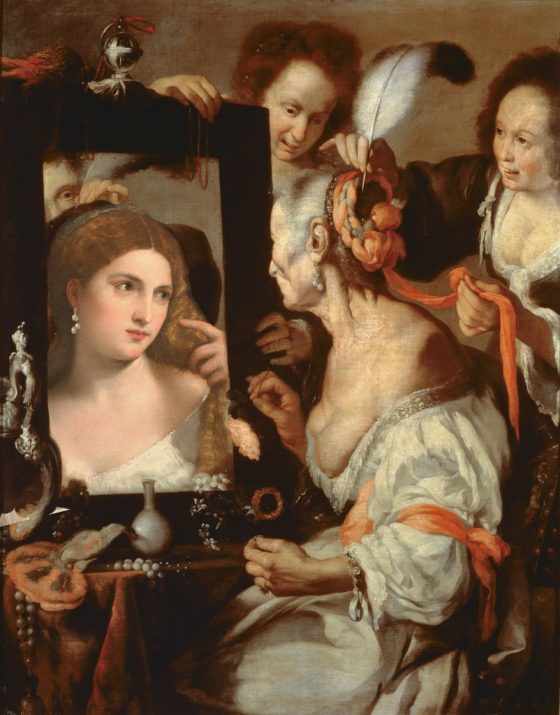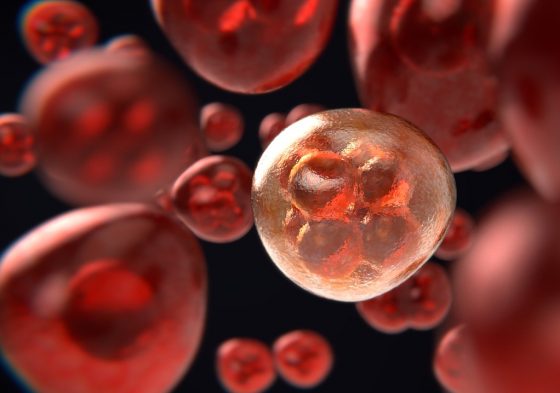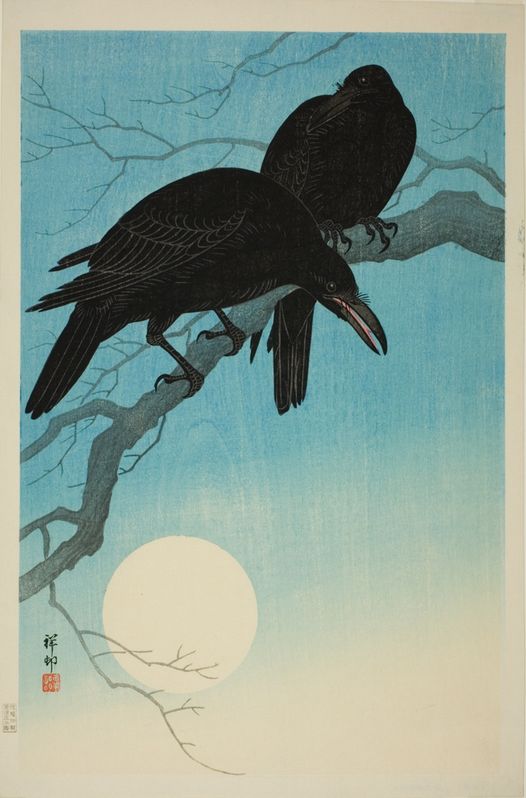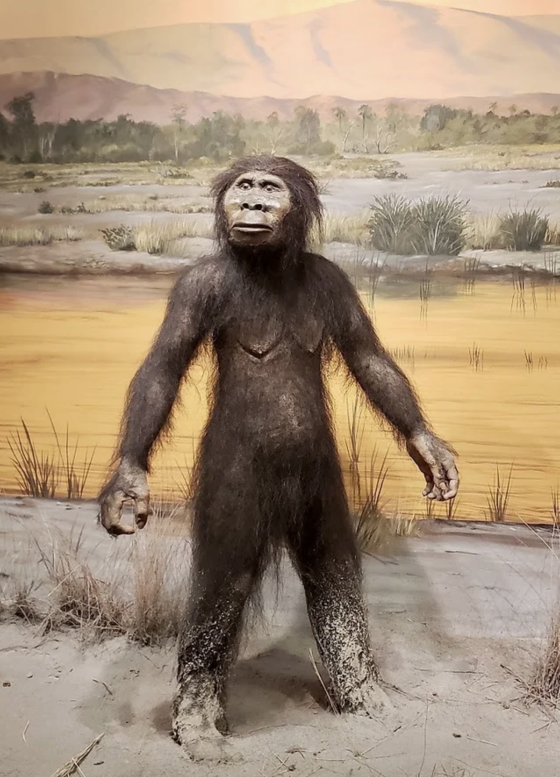
Setting and characters dictate how the story will play out when told. The same story can be told in a Victorian setting, as a space opera, or as a modern day fiction. “Pride and Prejudice” in space? Sure! Darcy can be a dashing if deeply flawed space captain alien. The setting won’t change the story’s emotional tone all that much, but the details will be substantially different. Darcy can be a mage…or a dragon…or a merman…or a an enchanted sward in a fantasy novel. Darcy can be man or a woman or anything in between — it’s the character traits that matter. Imagine “Beauty and the Beast”. How many different ways can this story be told if the setting changed? Millions! In fact, we know that some readers look to read the same story over and over again set in another time and place and variations of characters. Humans get a lot of pleasure from repetition and the ending we expect (happy or not). This is one of the reasons that some people read exclusively in one genre — when personal life is complicated and unpredictable, a little surety is appreciated in one’s entertainment. People search for emotional resonance that…

